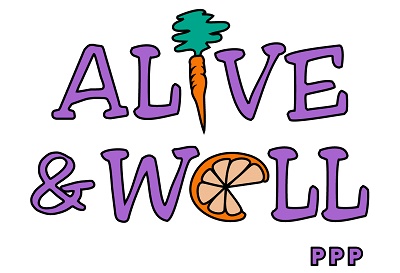Here are some things to keep in mind.
- If a product features a United States Department of Agriculture (USDA) Organic seal, it means that the pet food was made without the use of pesticides, artificial fertilizers, or growth hormones.
- The Association of American Feed Control Officials (AAFCO), which inspects pet food manufacturing plants, defines the term “natural” as meaning unprocessed, or not processed using synthetic chemicals, and not containing synthetic chemical additives.
- Note the first five ingredients on a label. They should supply proteins, carbohydrates, and fats.
- Products that contain omega-3 fatty acids may benefit pets in many ways. The Journal of the American Veterinary Medical Association reports that dog food with omega-3 fatty acids sourced from fish oil can improve your pooch’s immune response, beautify his skin, and make his coat shiny. For cats, omega 3s can reduce pain from feline degenerative joint disease (DJD).
- Before feeding your furry friend anything new, check with your vet. Whether you’re serving organic and natural food for the first time, or just changing brands, make the switch gradually. Every day, over a period of 7 to 10 days, mix a little more of the new into the old, so your pet can get used to it.

